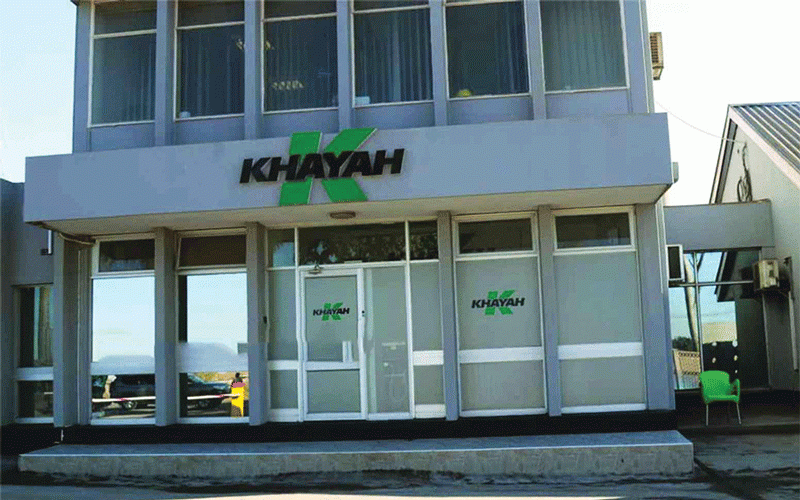
A WAVE of business closures and corporate rescues that swept through Zimbabwe in 2024 has highlighted the deepening economic crisis in the country, market watchers said this week.
Over the past year, several companies have shut down, while others have downsized or applied for corporate rescue in response to the deteriorating business environment, marked by a worsening economic turmoil.
Companies such as Beta Bricks, Khayah Cement, Truworths and Food World Supermarket have been affected.
Challenges, including inflation, unreliable power supply and inconsistent government policies have significantly impacted operations across sectors.
Development economist Chenayimoyo Mutambasere noted that the ongoing volatility of the Zimbabwean currency, coupled with unstable inflation, had eroded consumer purchasing power and created uncertainty for businesses in pricing and planning.
“Businesses face exorbitant costs due to unreliable utilities such as electricity, which forces reliance on expensive diesel generators. Additionally, high transportation costs and fluctuating fuel prices have further strained operations,” Mutambasere said. “Frequent changes in government policies, particularly around taxation and foreign exchange, have left businesses unable to adapt quickly or plan for the long-term.”
Itai Zimunya, another economist, said formal businesses were “forced” to trade using a fixed forex rate or the local currency, but cannot access forex from banks at those rates.
“Instead, they rely on the informal market, which is far more expensive. Formal trading in Zimbabwe has become a loss-making venture,” Zimunya said.
- Restrictive pricing hamper Truworths operations
- Volatility vortex wipes Truworths volumes…retail giant suspends Zimdollar credit
- Willdale fired up after $4,3 billion profit
- Fashion kingpins worried… as currency crisis, pricing restrictions hit Truworths
Keep Reading
To address these issues, Mutambasere proposed stabilising the Zimbabwean currency and controlling inflation to restore confidence in the local currency.
“Policies to increase transparency in foreign exchange markets are essential,” she highlighted.
Zimunya called for a freely floated forex market, questioning “how can the government shun ZiG (Zimbabwe Gold), but force the private sector to trade in it?”
According to the Zimbabwe National Chamber of Commerce, 65% of the country’s economic transactions now occur in the informal sector.
Zimunya urged the government to break the false binary of formal and informal sectors and actively include small and medium enterprises in economic planning. He also said corporate leaders should rethink their approach to business management.
“Private sector boards and managers have to restructure their cost centres in line with global trends. Corporate bonuses and allowances like cars and holidays must be linked to productivity.
“In Zimbabwe, executive perks are often tied to educational qualifications or position rather than output. Businesses must remove the creeping ‘mbinga’ speculative tendency and return to blue-collar production-based standards,” he said.
As 2025 begins, the Zimbabwean business environment remains fraught with challenges.
Economists agree that immediate policy reforms and structural adjustments are crucial to reviving struggling businesses and fostering a more resilient economy.











